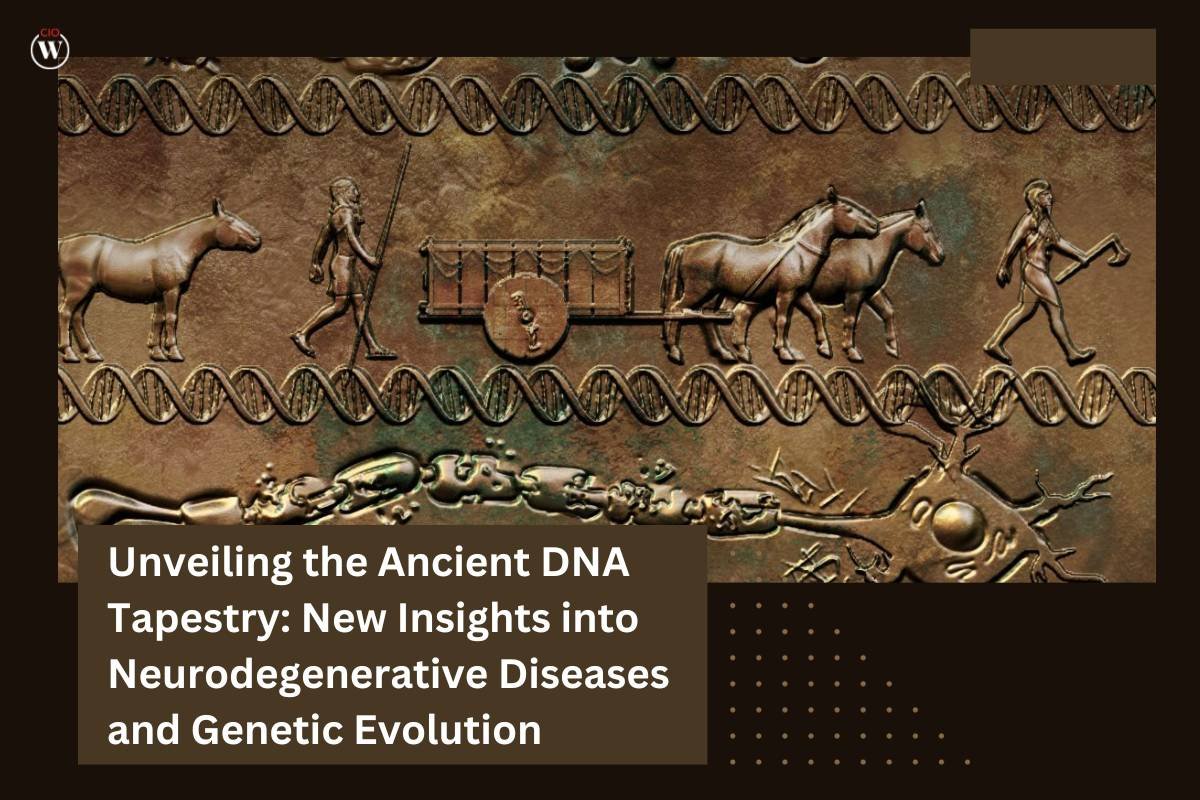Source – University of Oxford
A groundbreaking scientific endeavor has culminated in the creation of the world’s largest database of ancient DNA, encompassing nearly 5,000 individuals who inhabited Western Europe and parts of Central Asia from 34,000 years ago to medieval times. Conducted over five years by a team of 175 international experts, the project integrated known ancient genomes with newly sequenced DNA from skeletal remains found in museums and institutions across Europe. This monumental achievement now allows researchers to explore the intricate details of genetic evolution and its impact on human health over millennia.
Unraveling the Genetic Tapestry and Disease Connection
In a series of four papers published in the scientific journal Nature, researchers delved into the vast ancient DNA repository, unlocking insights into the interplay between genetics and diseases. Notably, the study revealed that genes that may have once shielded prehistoric populations from pathogens during the hunter-gatherer era or Bronze Age herding now pose an increased risk of neurodegenerative diseases like multiple sclerosis (MS) and Alzheimer’s in modern Europeans.
Tracing the Roots of Multiple Sclerosis to Bronze Age Herders
Among the key findings was a remarkable connection between the genetic risk of multiple sclerosis and the proportion of ancestry from ancient pastoralists known as the Yamnaya. Originating from the Pontic steppe, these nomadic herders introduced domesticated animals to Europe around 5,000 years ago, leaving a lasting impact on the genetic landscape.
The researchers uncovered that genetic variants developed by the Yamnaya to combat pathogens carried by domesticated animals may have played a crucial role in the shift from a hunter-gatherer lifestyle to farming. Today, however, these once-protective variants are associated with an increased risk of multiple sclerosis in northern Europeans.
William Barrie, a postdoctoral researcher at the University of Cambridge, expressed astonishment at the results, highlighting how our modern disease risks are intricately linked to the lifestyles of our ancient ancestors. As coauthor Astrid Iversen from the University of Oxford noted, the protective benefits of these genetic variants have diminished in our vastly different contemporary lives marked by altered hygiene, diet, and medical practices, potentially rendering us more susceptible to certain diseases, including autoimmune conditions like MS.
This groundbreaking research of ancient DNA not only provides a comprehensive view of human genetic evolution but also unravels the intricate relationship between ancient genes and contemporary health challenges, shedding light on the roots of neurodegenerative diseases like multiple sclerosis.
Also read: Benefits And Risks Of Genetic Testing









